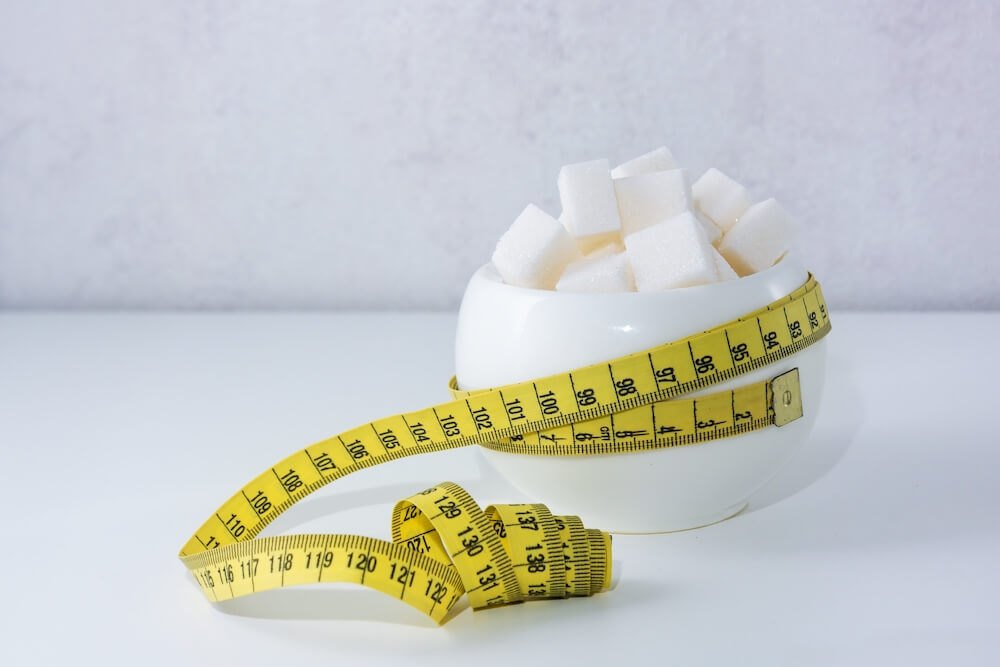Did you know that cutting back on sugar during Ramadan can help you stay healthy and energized and make it easier to fast without feeling tired or sick? Here are some expert tips to help you control sugar cravings and maintain overall health during this special month.
Suhoor and Iftar: A balanced suhoor sets the tone for stable blood sugar levels, preventing energy crashes throughout the day. Adding whole grains, eggs, yogurt, nuts, and veggies to your diet can provide sustained energy and curb sugar cravings. For Iftar, dates offer a quick energy boost. This should be followed by balanced meals with protein, healthy fats, and complex carbs like poultry, fish, tofu, avocados, nuts, and olive oil to stabilize blood sugar levels.
Hydration: Since fasting can cause dehydration, staying hydrated is crucial during Ramadan. Often, thirst can be misinterpreted as hunger, resulting in unnecessary snacking, including sugary beverages. It is advisable to opt for water as your primary source of hydration throughout the non-fasting period and limit sugary drinks like sodas, fruit juices, and sweetened teas.
Nature’s sweets: Excessive sugar consumption during Ramadan can lead to energy crashes and cravings. We recommend incorporating natural sweeteners like dates and honey into suhoor and iftar meals to prevent this. Dates are not only tasty but also packed with fiber, vitamins, and minerals, while honey offers sweetness with antioxidants and antibacterial properties.
By incorporating these strategies into your Ramadan routine, you can effectively manage your sugar intake and promote overall health and well-being throughout the month. Remember, moderation is key, and making mindful choices can help you fully experience the spiritual and physical benefits of fasting during Ramadan.
When to see a doctor: Consult a doctor if you experience persistent symptoms like fatigue, dizziness, nausea, severe thirst, or unintended weight loss. Additionally, monitor pre-existing conditions like diabetes, hypertension, or gastrointestinal disorders closely and seek medical advice if symptoms worsen.
Why SSMC?
At
SSMC, we understand the unique health challenges that may arise during Ramadan. Our multidisciplinary team of health experts address fasting-related concerns and provide personalized care tailored to your health needs and dietary preferences.
Our integrated approach ensures that you receive comprehensive care that addresses all aspects of your health. Whether you require medical consultations, laboratory tests, or dietary guidance, we’ve got you covered.
Source1
Source2
Source3 Book Appointment
800 7762
Book Appointment
800 7762






